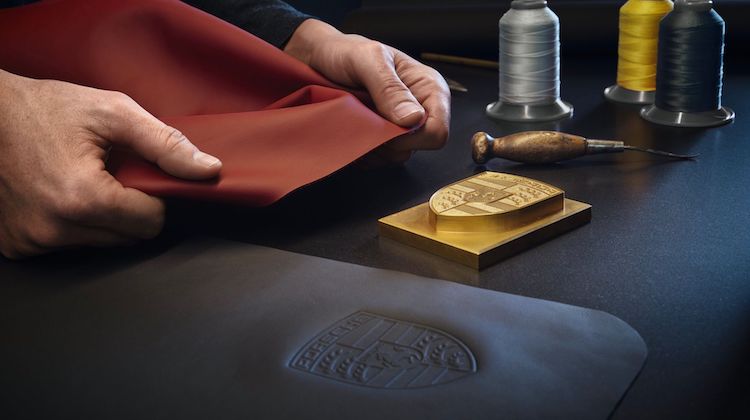
Unlike some of its competitors, Porsche has not announced plans to move away from upholstering its vehicles in genuine leather. Instead, it recently pledged its support for more sustainable leather production.
The luxury automaker is partnering with Leather Working Group (LWG), a non-profit organization that advocates for more transparency and universal environmental and social standards in the global leather supply chain. It also offers certification for leather manufacturers. In fact, more than 25% of global finished leather comes from LWG-certified manufacturers.
Barbara Frenkel, executive board member for procurement at Porsche AG, says Porsche will continue using genuine leather in its automobiles, but only from certified manufacturers that meet international standards.
“Leather is a mark of quality for Porsche customers. Together with our suppliers, we are committed to internationally accepted standards. The facilities in which our leather is manufactured is also important. They should receive certification from LWG,” Frenkel said in a statement.
Christina Trautmann, LWG’s chief, welcomed the partnership with Porsche, saying it will help the automaker produce more sustainable vehicle interiors.
“With supply chain traceability, companies can ensure that they are sourcing leather responsibly. This is at the heart of our efforts,” said Trautmann. “We look forward to the active participation of Porsche and the brands of the Volkswagen Group.”
Volkswagen Group includes Porsche, Lamborghini, Bentley, Audi, Volkswagen, Seat, Skoda, and others. Some of these brands, especially the more affordable ones, are experimenting with leather alternatives. But going forward, their use of leather will be LWG certified.
While vegan leather is often marketed as a sustainable alternative to traditional leather, it is not always as environmentally friendly as it may seem. Many types of vegan leather are made from synthetic materials such as PVC or PU, which are derived from fossil fuels and can have a negative impact on the environment. These materials can release harmful chemicals during production and disposal, contributing to air and water pollution.
In addition, the production of synthetic materials requires a significant amount of energy and resources, contributing to greenhouse gas emissions and other environmental issues.
Furthermore, terms like “vegan leather” can be misleading since they imply that the material is made from natural or sustainable sources. While synthetic materials can be a valid alternative to traditional leather, it’s important for consumers to be aware of the environmental impact of the materials used in their products and to look for more sustainable options whenever possible.
The term “vegan leather” is technically incorrect, as leather is a material made from animal hides. However, it has become a common term to refer to synthetic materials that mimic the look and feel of leather. As for the environmental impact of producing vegan leather from materials such as coffee beans or mushrooms, it depends on the specific production process used. While these materials may be more sustainable than traditional synthetic materials like PVC or PU, they still require processing and may involve the use of chemicals. It’s important to carefully consider the environmental impact of any material or product before making a purchase decision.